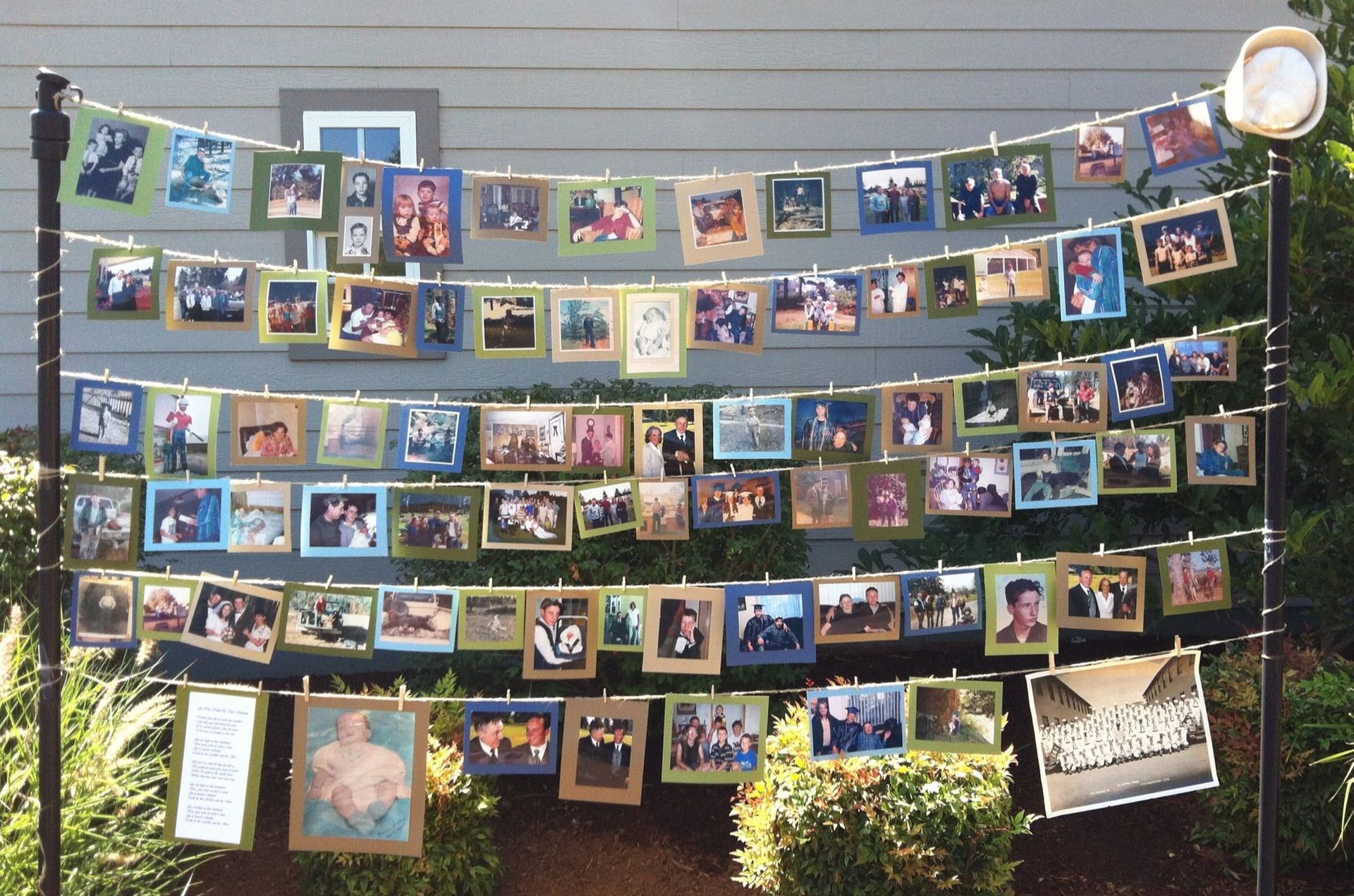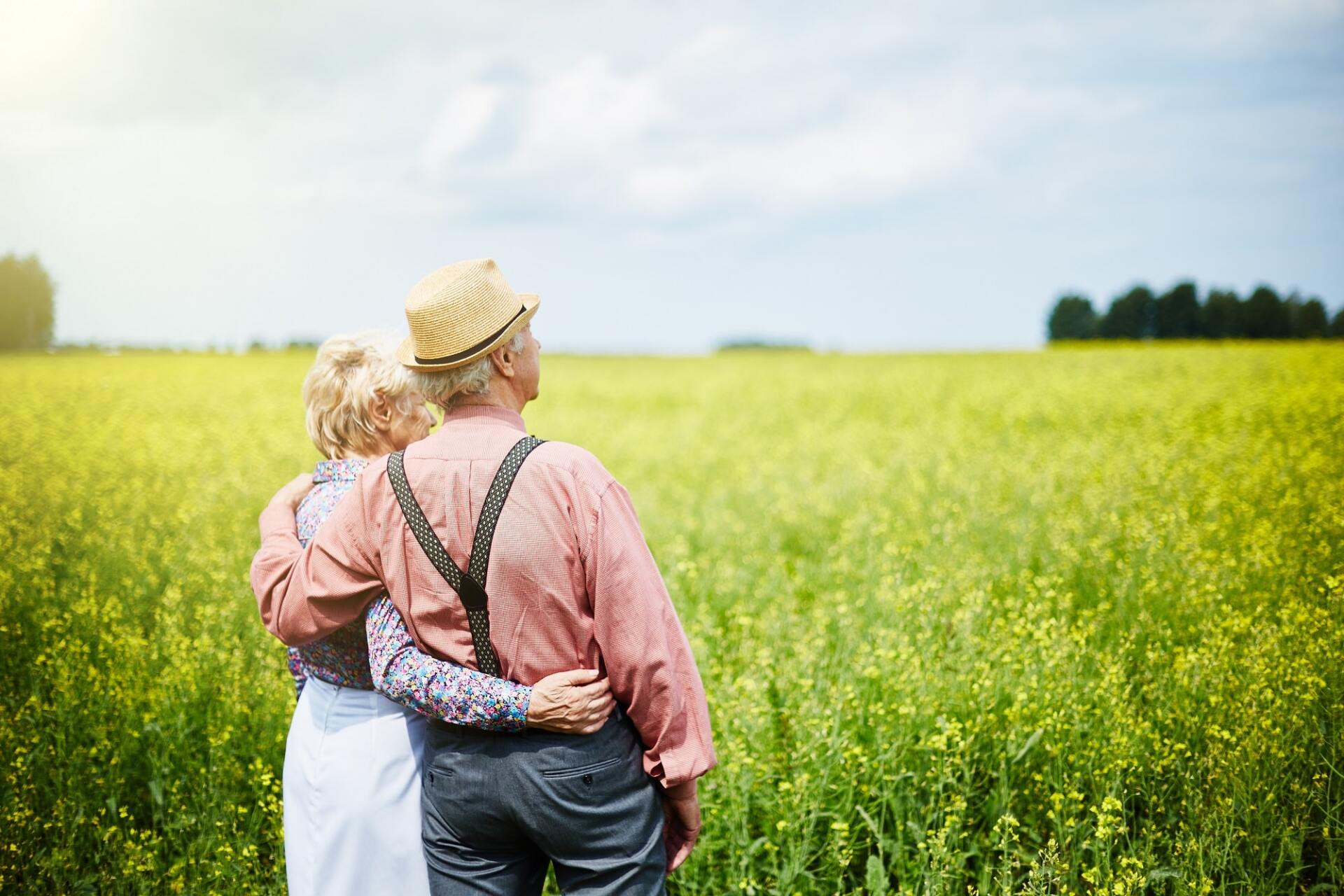Blog 8 - The Service is the Medicine
"It's a kind of physical therapy for grief."

In the modern era, many people have forgotten what the reasons are for having a funeral, memorial service, or celebration of life. As more people move away from traditional religion and as we as a society have less and less experience in the realm of death and dying, the necessity for a gathering of some kind after a loved one’s death, can seem unimportant. “It’s not going to bring the person back,” some might say. “It’s just a lot of formality,” others might say. And for some it can seem like something only “church people” do or an event that might put them on display as grieving people and they don’t want to be in the spotlight.
Whatever the reasons are why people choose not to have a service in this day and age, the unfortunate reality is that they are missing out on the very thing they need in the days and weeks after a loss. Alan Wolfelt is a nationally renowned author, teacher, and speaker on grief and in his work he describes the “six tasks or needs of mourning.” What he has found is “that bereaved people who have these needs met... are most often able to reconcile their grief and go on to find continued meaning in life and living.” Those are pretty profound words and so I think it’s worth exploring these tasks of mourning and seeing how the service relates.
What are they? Here we go.
The first task of mourning according to Dr. Wolfelt is to acknowledge the reality of the death.
Oftentimes when I officiate a funeral or memorial service the people who were closest to the person who died, will say to me, “NOW it feels real.” Up until that point, up until the day of the service, there was a part of them that was still in denial or disbelief. The service itself helps them to acknowledge the reality of the loss. At that moment, there can be no more denial about what has happened or what they are there to do.
The second task of mourning is to move towards the pain of the loss.
Let’s think about this, if you get injured in an accident, the pain from the injury is not going to get better if you ignore it. To address the
pain, you might go to the doctor or physical therapy or begin doing exercises to slowly begin to address the discomfort. Funerals and
memorial services are a kind of physical therapy for grief. They move us in the direction of what has happened so we can begin
to address how we are feeling. It doesn’t feel good, that’s for sure, but neither does that physical injury. In both cases, slowly moving towards the pain is the first step in helping it heal.
The third task of mourning is to remember the person who has died.
When a human being leaves this Earth, along with them goes their stories, their knowledge, their experiences, their teachings, their
very essence. As sad as it may seem, gathering with others to sing the praises of this person, is quite honestly, the most natural thing in the world. To quote another wise teacher, Martin Prechtel, “Grief is Praise.” And so we gather. We gather to remember. We gather to honor. We gather to sing praises and give voice to the life of our
loved one.
The fourth task of mourning is to develop a new sense of identity.
We all have roles in life. Some of us are parents, some of us are brothers or sisters, and all of us are someone’s child. When a death
occurs our roles in life shift. If we were a spouse, now we have become a widow or a widower. If we lose a parent, and especially
when we have lost both of our parents, our roles in the extended family become more significant. A funeral or memorial service is
both a subtle and not so subtle way for our community to recognize that our station in life has changed in some fundamental way.
The fifth task of mourning is the search for meaning.
When someone dies it is not uncommon for the bereaved to question all kinds of things related to the meaning of life and death. And that is
as it should be, for it is in the exploration of these bigger questions that we can find reconciliation in our grief, a deeper understanding of
our own mortality, and a reason for living going forward. As Dr. Wolfelt says, the service helps us in our search for meaning. It is the
means in which we convey “our personal beliefs and values about life and death.”
The sixth and final task of mourning is to receive ongoing support from others.
At some services, I have heard people say, “It is the hugs and love that I am receiving that are getting me through this.” And receiving
support is an essential piece of mourning. In fact, the very act of having a service is the act of asking people to come and support you.
The physical presence of others helps us to know that we are not alone. As we are surrounded by our community, our family, and our
friends, in the best of cases, those bonds are strengthened, and we know who to turn to going forward when we need help.
As I have shared this information, I hope it is apparent that the service after the death of a loved one is a multi-layered event
and, in the beginning stages of a loss, is a significant piece of the grief journey. In fact I have heard it said that, “The service IS the medicine that is needed after a loss.” You don’t need to know all these things about it to get a lot of benefit. You may just know that on some level you feel better afterwards. You may just feel on some level that there was some healing that took place. And you may feel grateful, really grateful, that you took the time to honor your loved one and that you didn’t skip that step.









Naugle Funeral & Cremation Service, Ltd.
Tel: 1-215-536-3343 | Fax: 1-215-536-2250 | info@nauglefcs.com

